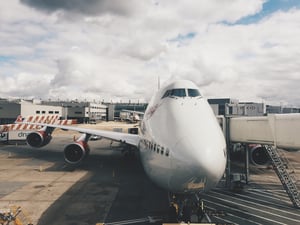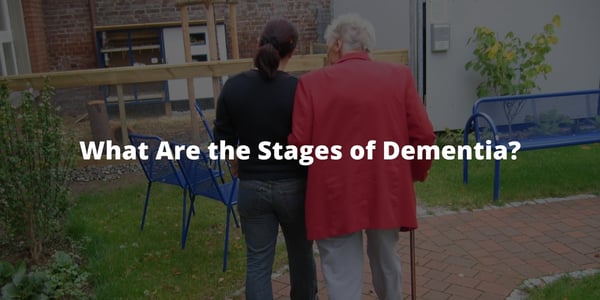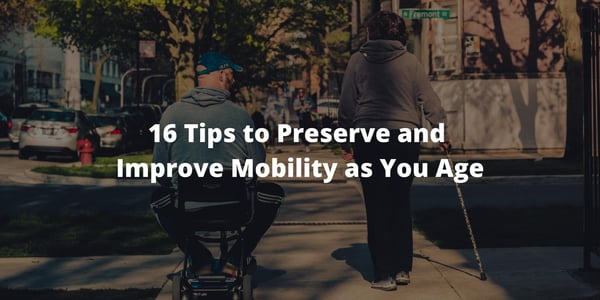COVID-19 has turned the entire world upside-down, and no group has been more affected than those...
Senior Citizens and COVID-19 – What's Ahead?
Even as COVID-19 forces the over 55 generation to take rigorous health precautions, many wonder what the post-pandemic world will look like. As a vulnerable population, seniors, especially those with underlying health conditions, have been given vaccine priority. The general consensus holds that effective vaccine distribution and adoption will allow life to return to normal. What will this "normal" look like?
Q: What will happen to senior housing?
A: During the pandemic, occupancy levels decreased in all in senior living settings: independent living, assisted living, memory care, and skilled nursing. The reasons were fear of contracting the virus and increased costs resulting from containment efforts.
Q: What will happen to retirement savings?
A: The massive financial impact of the pandemic ended an over 11-year bull market. Since the February 12, 2020 high-point of 29,232, the Dow Jones bottomed out at 20,705 (-29%) on March 18 and, as of July 7, 2020, stood at 25,890 (-11%). This considerable drop exceeded that experienced in the 2009 financial crisis and put unemployment at levels not seen since the Great Depression.
 This resulted in a tremendous blow to retirement portfolios. To ease the financial strain, the federal government passed the CARES Act at the end of March. Among other provisions it allows:
This resulted in a tremendous blow to retirement portfolios. To ease the financial strain, the federal government passed the CARES Act at the end of March. Among other provisions it allows:- Retirement funds - The 10% early withdrawal penalty is waived for distributions up to $100,000 for coronavirus-related purposes, retroactive to January 1. Taxes are spread over three years, or the taxpayer can roll it back over within three years.
- 401(k) Loans: The loan limit increases from $50,000 to $100,000
- RMDs suspended: Required Minimum Distributions – Suspends RMDs (at age 72) for IRAs and 401(k).
Even with these relief efforts, retirement savings exposed to the stock market have taken a hit. Retirees who feel less financially savvy should consult with a financial expert to plan the way forward. Rash money decisions at this time could have longer-term repercussions.
Q: What long-term impact will there be on travel during retirement? A: The declines in the travel industry have been staggering:
A: The declines in the travel industry have been staggering:
- With passenger traffic down 95%, airline revenue dropped by over $300 billion compared to 2019.
- The three major cruise lines have canceled all cruises through September 2020.
- Research indicates that the hotel industry, which suffers from a 75% occupancy drop, may not recover to pre-COVID-19 levels until 2023 or after.
Travel-related small businesses especially have suffered during the pandemic. As noted travel author, Rick Steves recently told the Washington Post:
"If you have to have every other seat filled, you've got half the revenue. So the little mom-and-pop restaurants that I love to feature, if they can only have 50 percent capacity, they can't pay their rent. And that's what scares me."
The fast-growing home-sharing industry dominated by Airbnb previously benefited from perception as a private and often cheaper alternative to hotels. Now, the company struggles with a potential consumer suspicion that private accommodations harbor more infection risk than traditional hotels.
The current consensus predicts a slow return to prior travel levels as consumers balance their urge to get away with the safety risks. However, it is likely that many travel-related enterprises, especially the smaller ones, may not survive.






